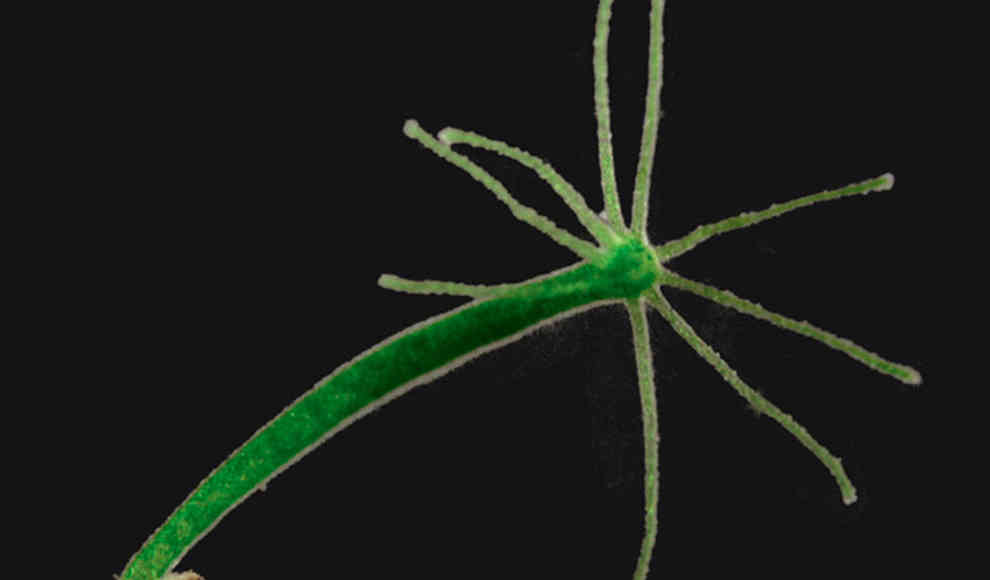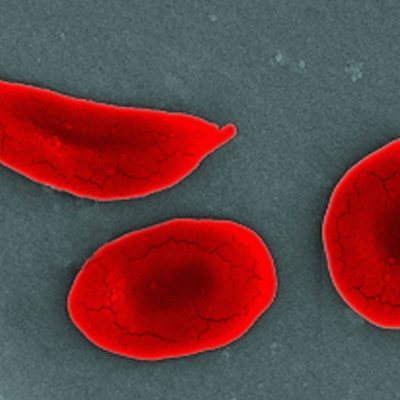German scientists have discovered the gene for immortality in a freshwater polyp called Hydra, which is also present in humans. The researchers from the Christian-Albrechts-Universität and the Universitätsklinikum Schleswig-Holstein have identified the FoxO gene, which could potentially keep us young forever. Hydra is a tiny creature that is found in many local lakes, streams, and rivers and is essentially immortal. The scientists have been observing different specimens of Hydra in the laboratory since the 1950s, and they are still as active and healthy as they were on the first day. The reason for this is that the stem cells of Hydra never lose the ability to divide. The researchers have found that there is a direct correlation between the FoxO gene and aging.
Professor Thomas Bosch, the leader of the study, said, “Our research group was able to show for the first time that there is an immediate connection between the FoxO gene and aging.” Experiments with a deactivated FoxO gene have shown that the freshwater polyps age and become more susceptible to diseases due to a weakened immune system. Studies of people over 100 years old have shown that they possess a very active FoxO gene. The researchers plan to investigate the longevity of Hydra in more detail and uncover the secret of the tiny freshwater polyp’s eternal life.
The search for immortality has been a topic of interest for scientists for hundreds of years. German scientists have made significant progress in this area by identifying the FoxO gene in Hydra, which is also present in humans. The stem cells of Hydra never lose the ability to divide, which is the reason for their immortality. The researchers have found that the FoxO gene is directly related to aging, and experiments with a deactivated gene have shown that the freshwater polyps age and become more susceptible to diseases. The researchers plan to investigate the longevity of Hydra in more detail to uncover the secret of its eternal life. This discovery could potentially keep us young forever, but more research is needed to fully understand the implications of the FoxO gene.










